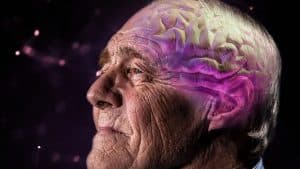Substance abuse is a very significant problem in the world today, folks. In fact, I am willing to bet you know and maybe even love someone who has struggled with this condition.
As much as you may want to help your loved one with an addiction, you might not know where to start. Although you can’t “cure” someone of an addiction, you can be helpful in their time of need.
Avoid passing judgment
Shame is often a very strong feeling in someone with substance abuse disorder. They know what they do is hurtful and that family and friends don’t look at them the same way any more. For many users, the urge to keep using is partly tied to these shameful feelings. If you want to reach them, you must avoid judgment. Don’t keep telling them what they are doing is hurtful, foolish or wrong, and don’t ask why they are doing it. Just let them know you want to connect with them.
Offer some reassurance
People who are addicted tend to feel isolated and alone. They are aware that they are now more attached to the substance they are using than the people close to them. Although they want connection, they are afraid of it at the same time. Connection brings consistency and responsibility with it, and that can feel impossible to someone battling an addiction.
A person who has already lost friends and family to addiction is probably afraid of losing more, so they’re always looking for signs of abandonment. That’s why providing reassurance when you reach out to someone with an addiction is so important.
Make your commitment clear
Substance abuse disorder can be a messy and long process, so someone going through it may very well fear they will be abandoned if they relapse. However, relapse is often a part of recovery and is to be expected. When you are reaching out to someone with an addiction, reassuring them that they will have your support even if they relapse can go a long way.
Be ready to not understand
It’s always worth it to remind yourself that your loved one’s addiction is real, even if you don’t understand it yourself. They likely do not have an answer for why this happened, so there’s no point in constantly asking them and trying to figure it out yourself.




